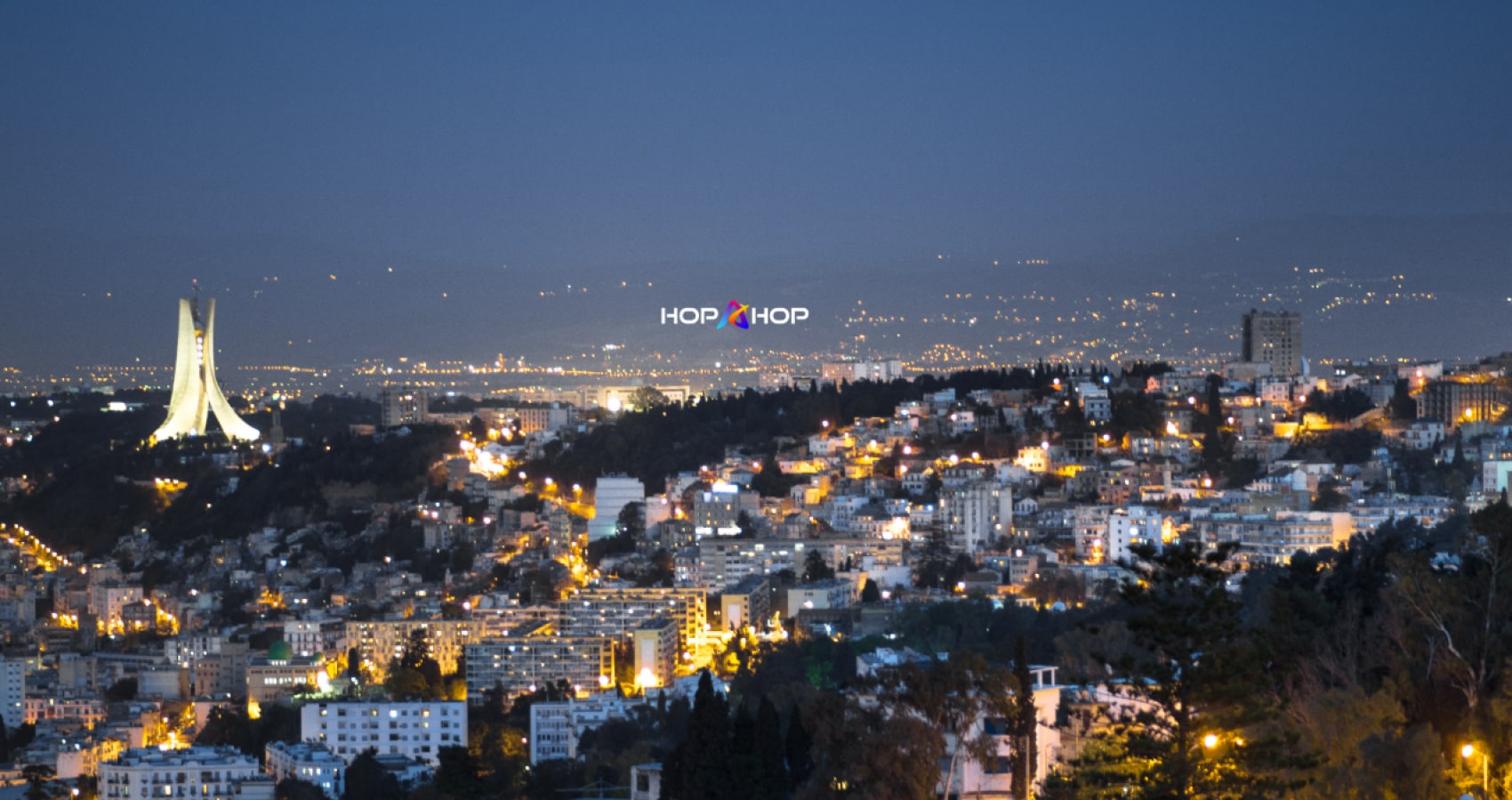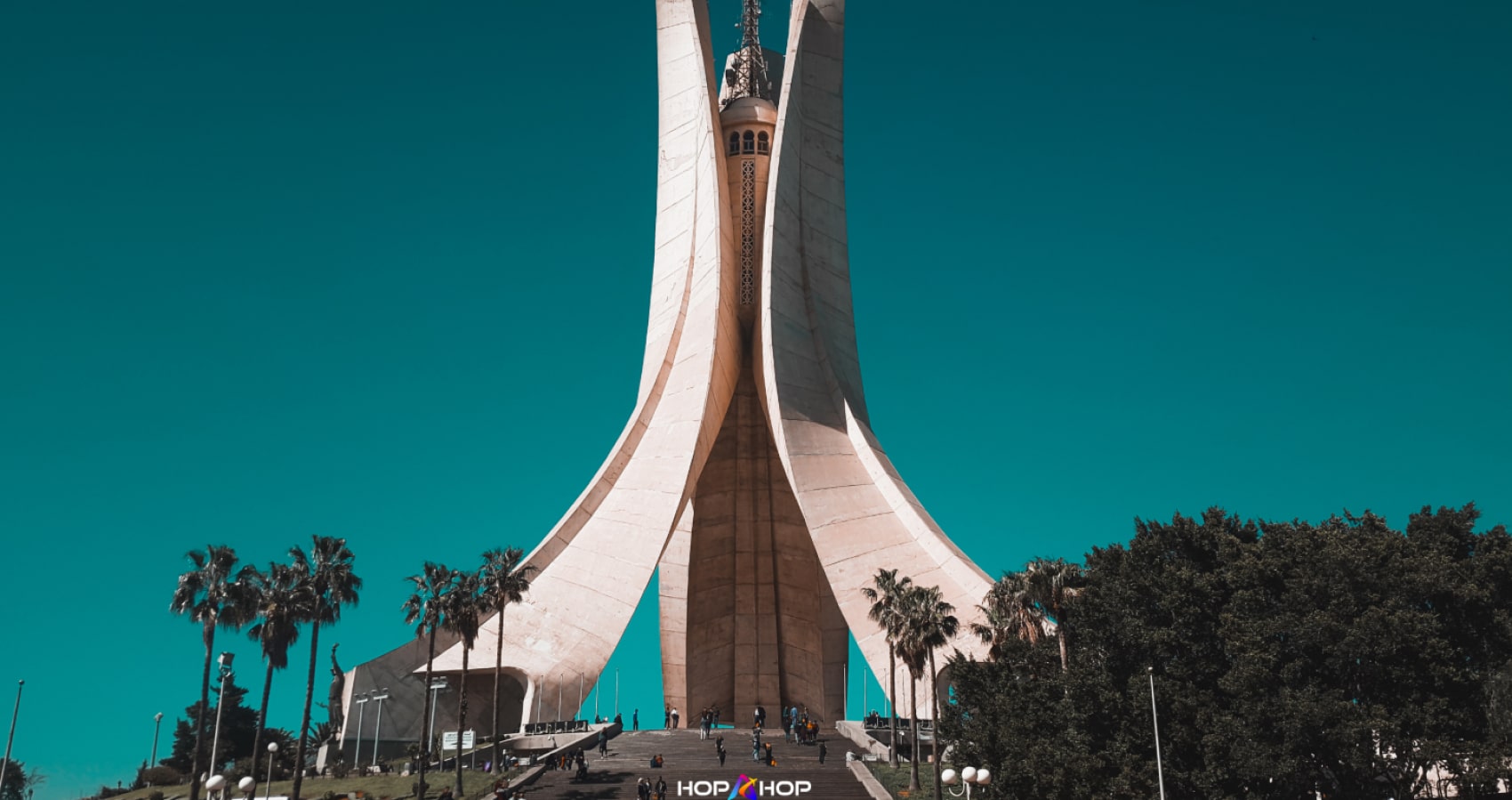The Best Time to Visit Algeria: Climate, Events, and Travel Tips for 2025
Algeria, with its stunning Mediterranean coastline, vast desert landscapes, and rich history, offers something for every type of traveler. Whether you’re planning a cultural exploration of ancient ruins or an adventure in the Sahara Desert, knowing the best time to visit Algeria can make all the difference in your travel experience. In this guide, we’ll walk you through the country’s climate, key events, and essential travel tips to help you plan your 2025 trip to Algeria.
1. Understanding Algeria’s Climate
Algeria’s climate is as diverse as its landscapes, and understanding the weather patterns in different regions will help you choose the best time to visit.
- Mediterranean Coast (Algiers, Oran, Tipasa): The coastal cities of Algeria, such as Algiers, Oran, and Tipasa, enjoy a Mediterranean climate, with mild, wet winters and hot, dry summers. Spring (March to May) and autumn (September to November) are the most pleasant times to visit, with moderate temperatures ranging from 15°C to 25°C (59°F to 77°F).
- Sahara Desert: The Sahara Desert offers an extreme climate with hot summers and cold winters. During summer months (June to August), temperatures can soar above 40°C (104°F). If you want to experience the desert without the extreme heat, the best time to visit is in the winter (December to February) when temperatures are cooler, ranging from 10°C to 20°C (50°F to 68°F) during the day.
- Mountainous Regions: The Tell Atlas and Saharan Atlas mountain ranges offer cool and pleasant weather during the summer months (June to August), making it a great destination for trekking and outdoor activities.
Pro Tip: If you’re planning to explore both the coast and the Sahara, aim for spring or autumn when the weather is ideal for both regions.
2. Best Time to Visit for Specific Activities
- Cultural and Historical Tours: If you’re interested in exploring Algeria’s historical sites, including the Roman ruins in Timgad and Djemila, or the Kasbah of Algiers, spring and autumn are the best times to go. The temperatures are comfortable for walking and sightseeing.
- Desert Adventures: The Sahara Desert is best explored during the cooler winter months (December to February). These months provide more comfortable temperatures for camel treks, 4×4 tours, and camping in the dunes.
- Hiking and Nature Exploration: For outdoor enthusiasts, the mountainous regions of Algeria are ideal in summer (June to August), when the weather is cooler for hiking and trekking.
3. Algeria’s Key Events and Festivals in 2025
Algeria has a rich cultural calendar, with numerous events and festivals throughout the year. Depending on your interests, you might want to time your visit to coincide with some of these exciting events:
- Algerian International Film Festival (FIFA) – Held annually in Algiers, this event celebrates Algeria’s vibrant film industry and attracts filmmakers from across the world. It’s an excellent opportunity for film enthusiasts to experience the country’s cultural scene.
- Timgad Festival of Music and Dance – If you’re visiting Algeria in July, the Timgad Festival offers a fantastic experience for music lovers, with performances of traditional Algerian music and dance set against the backdrop of ancient Roman ruins.
- Mawlid al-Nabi (Prophet Muhammad’s Birthday) – Celebrated in October or November (depending on the Islamic lunar calendar), this is an important religious event in Algeria, with vibrant festivities, parades, and cultural celebrations, particularly in cities like Algiers and Constantine.
- Saharan Camel Festival – This festival takes place in Djanet in the Sahara Desert in January and celebrates the desert culture with camel races, traditional music, and performances. It’s a unique way to experience Algeria’s desert heritage.
Pro Tip: Plan your trip to coincide with these events for a chance to experience Algeria’s vibrant culture firsthand.
4. Travel Tips for Visiting Algeria in 2025
- Visa Requirements: Most travelers to Algeria will need a visa. Make sure to check the visa requirements well in advance and apply for it before your trip.
- Language: While Arabic and Berber are the official languages, French is widely spoken, particularly in urban areas. Learning a few basic phrases in Arabic or French can be helpful for better communication.
- Currency: The Algerian dinar (DZD) is the local currency. It’s advisable to carry some local cash as not all places accept credit cards, especially in more remote regions.
- Safety Tips: Algeria is generally safe for travelers, but it’s important to stay informed about the latest travel advisories and avoid remote border areas due to security concerns. Always travel with a local guide when venturing into the desert or mountainous regions.
- Health Precautions: Make sure to check recommended vaccinations and travel health tips before your trip. Drinking bottled water and avoiding street food in some regions can help prevent health issues.
5. Conclusion: Plan Your Perfect Trip to Algeria in 2025
The best time to visit Algeria depends on what you want to experience. Whether you’re exploring the historic cities along the Mediterranean, venturing into the vast Sahara Desert, or enjoying Algeria’s lively cultural festivals, planning your trip around the climate and events will ensure a memorable experience. With the right travel tips and a bit of preparation, Algeria offers an incredible journey filled with rich history, diverse landscapes, and welcoming locals.
Read more

